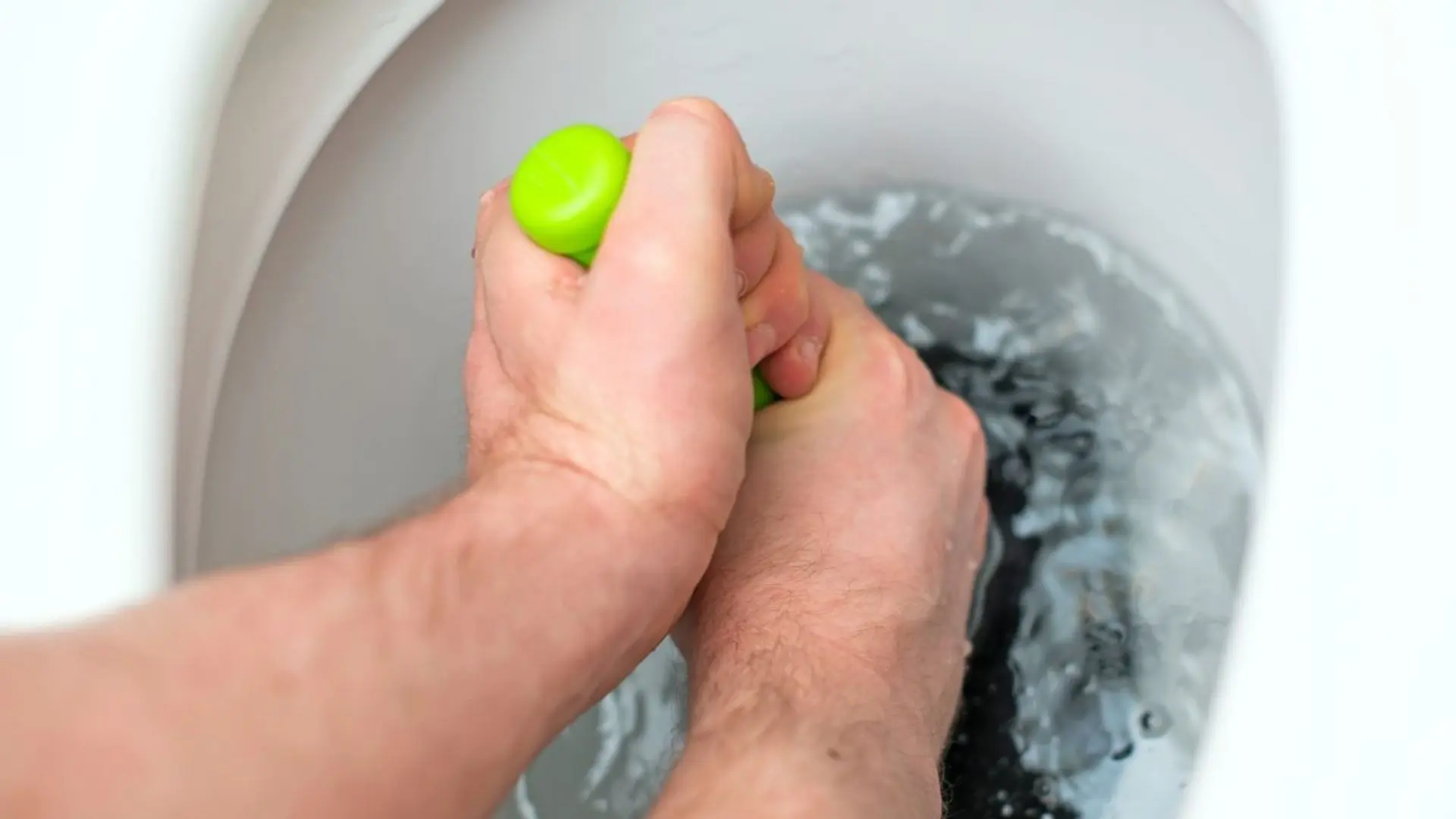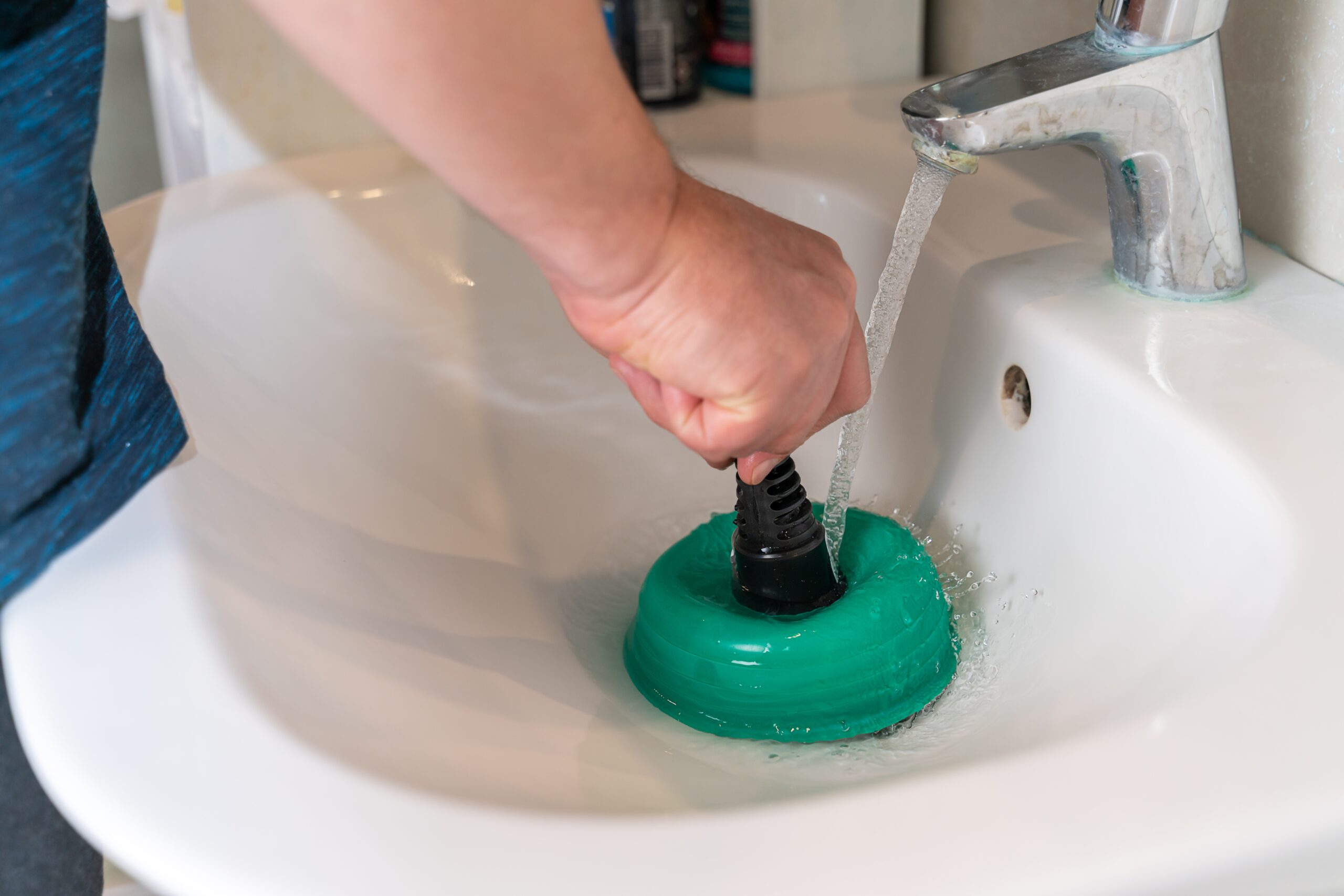Pointers for Dealing with a Blocked Drain Before Contacting Plumbing Professionals
Pointers for Dealing with a Blocked Drain Before Contacting Plumbing Professionals
Blog Article
Everybody will have their own individual ideas in relation to How to handle a clogged drain in your home.

Introduction
Handling an obstructed drain can be a frustrating experience, interfering with daily tasks and possibly triggering damages to your property. However, prior to connecting to pipes professionals, there are steps you can require to address the issue on your own. In this overview, we'll explore DIY services and preventive measures to take on an obstructed drainpipe effectively.
Identifying the Concern
The primary step in dealing with a blocked drain is identifying the indicators. Slow drainage, gurgling sounds, foul odors rising from drains, or water support up are common signs of an obstructed drain. Identifying these indications early can aid protect against even more problems.
Selecting the Right Plumbing Service
When choosing a plumbing solution, think about variables such as experience, licensing, and client reviews. Pick a reliable plumber with a record of quality workmanship and clear pricing methods.
Cost Considerations
The price of specialist drainpipe cleaning services can vary depending upon the intensity of the blockage and the plumber's prices. Request quotes from numerous service providers and inquire about any kind of added fees to make certain transparency and stay clear of shocks.
Security Measures
When trying DIY drainpipe cleansing, prioritize safety. Use safety handwear covers and eyeglasses to stay clear of contact with harmful chemicals or germs. Never blend different drainpipe cleansing products, as this can create hazardous fumes.
Instance Researches
Real-life examples show the efficiency of do it yourself services and the relevance of timely professional intervention in resolving drain clogs.
Common Reasons For Obstructed Drainpipes
Comprehending the elements that contribute to drain pipes blockages is important for effective resolution. Common culprits include hair, soap scum, oil, food particles, and international items like hygienic items or paper towels. Tree origins invading underground pipes can likewise create substantial obstructions.
DIY Solutions
For small clogs, several do it yourself options can be reliable. Putting boiling thin down the drain can assist dissolve grease and debris. Baking soda and vinegar or a blend of salt and cooking soft drink can work as natural cleaners. Utilizing a bettor or plumbing snake to displace obstructions is another choice.
Devices and Equipment
Having the right tools handy can make DIY drain cleaning more effective. A plunger is a functional tool for removing clogs in sinks, bathrooms, and showers. A plumbing serpent or auger can reach deeper blockages, while drainpipe cleaning chemicals can be used meticulously for persistent clogs.
Safety nets
To avoid future clogs, adopting safety nets is critical. Install drainpipe guards or strainers to capture hair and particles before they go into the pipelines. Regularly flush drains with hot water to liquify grease accumulation, and stay clear of disposing of oil or solid waste down the tubes.
When to Call a Professional
While DIY services can resolve small obstructions, particular signs suggest the requirement for professional help. Persistent blockages, foul odors despite cleaning up efforts, or multiple drains supporting concurrently are warnings that warrant professional intervention.
Final thought
By complying with the suggestions described in this overview, you can efficiently tackle obstructed drains and prevent future pipes issues. Whether choosing do it yourself remedies or looking for expert assistance, prompt activity is crucial to maintaining a healthy pipes system and protecting the stability of your home.
HOW DO PLUMBERS AND DRAINAGE EXPERTS CLEAR BLOCKED DRAINS?
Most of us have dealt with a backed up drain at some point in our lives! Whether it’s in our home or at our business, when the toilet begins to overflow or the sink doesn’t drain properly, we ultimately seek help from professionals to clear wastewater lines and get things flowing again.
Sure, you can attempt every possible drain hack in the hopes that your line clears but, often, it’ll require more than just pouring something down the drain. Keep in mind too, that pouring acid-based liquid cleaners down your drain can result in even more problems. If unable to clear – and pass through – the clog, it’ll sit in the line and begin to eat away at the pipe. Calling a plumber or professional to clear your drain might be your last resort but it’s the proven result. So, what do they do, and what type of equipment do they use, to get rid of a blocked drain line?
How Do Plumbers And Drainage Experts Clear Blocked Drains?
To better understand exactly where the problem is located, experts will typically start with an assessment and a video sewer inspection. Using non-invasive equipment that enters and exits through the pipe, these cameras offer a look inside the pipe and can spot anything from buildup, to forming clogs, to tree roots to small holes that could be a future problem – in real-time. It can see up to 150 feet of even the hard-to-reach places of the line, so there’s nowhere to hide.
https://www.zoomdrain.com/blog/2023/january/how-do-plumbers-and-drainage-experts-clear-block/

As a reader about Some easy tips to fix blocked drains, I figured sharing that chunk was essential. Sharing is caring. Helping others is fun. Many thanks for taking the time to read it.
Click Here Report this page